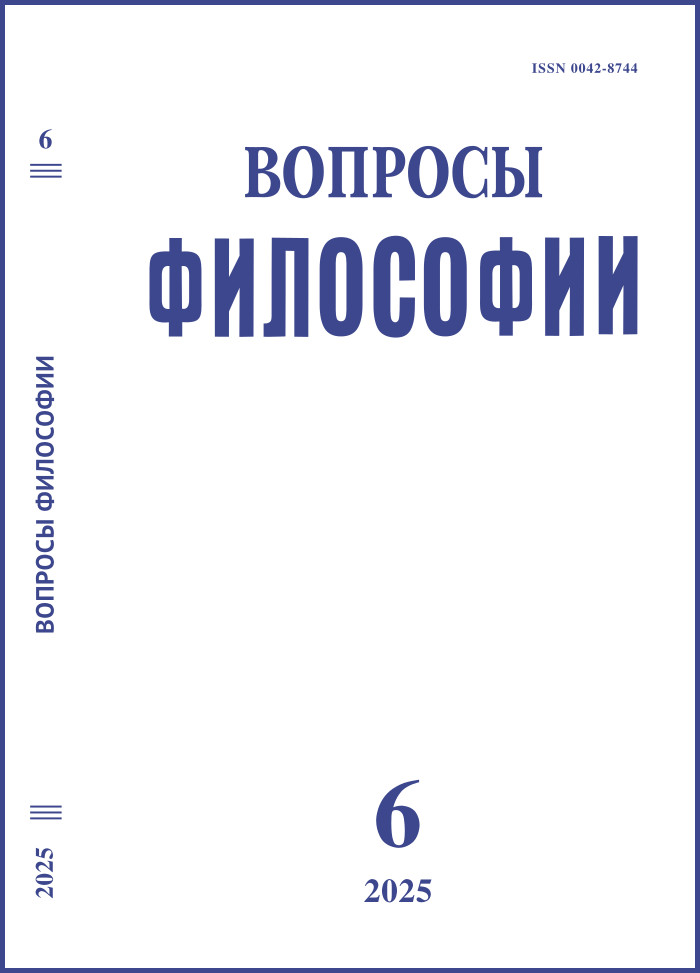Historiography of Science in the Focus of the Theory of Social Relays
DOI:
https://doi.org/10.21146/0042-8744-2025-6-68-73Keywords:
social relay races, M. Rozov, M. Polanyi, T. Kuhn, epistemology, philosophy of science, B. Latour, P. Feyerabend, scientific reflection, research position, reflexive transformations, correspondence theory of truthAbstract
M.A. Rozov’s theory of social relays is one of the most original concepts of Russian epistemology and philosophy of science. Its main provisions directly determined the consideration of a wide range of methodological problems of socio-humanitarian knowledge, including understanding the specifics of research in the field of history of science. The author shows that the traditional view of the development of science is teleological. It is believed that scientists are approaching the truth step by step, although they never fully achieve it. Reality is the ultimate goal of scientific research, and in this sense, scientific development is objectively predetermined. The article argues that this is a stereotype of scientific reflection that should not be rejected, but analyzed by means of epistemology. Analysis of the reflection of scientists leads to unexpected and paradoxical conclusions. Any action can remain invariant, but its goal setting is interpreted differently. In the theory of social relays, these non-coinciding descriptions of the goals and objectives of materially invariant action are called “reflexive transformations”. The power of knowledge lies in the fact that it speaks on behalf of reality, but this is just a reflexive transformation of activity. It is impossible to convincingly answer the question of how reality “in itself” can correspond to knowledge. The correspondence theory of truth avoids accusations of inconsistency if it postulates the practical nature of knowledge and in this perspective considers the ontologization procedure. According to the theory of social relays, the fundamental goal of scientific knowledge is the ontological proof of the success of human activity.

